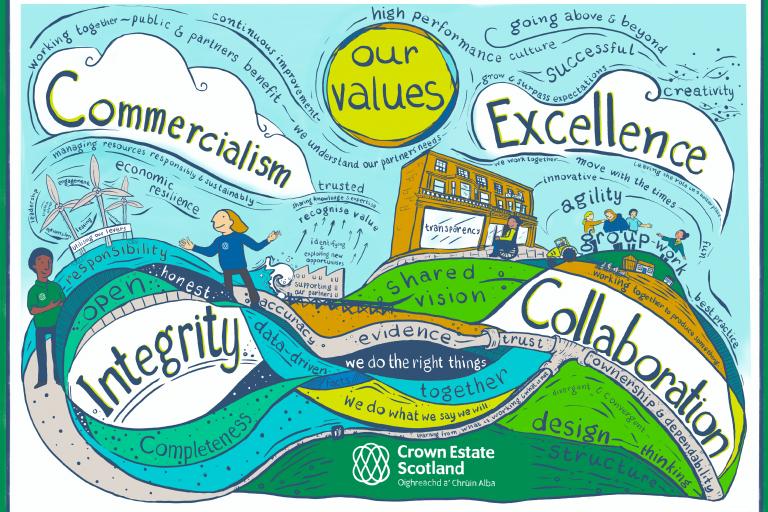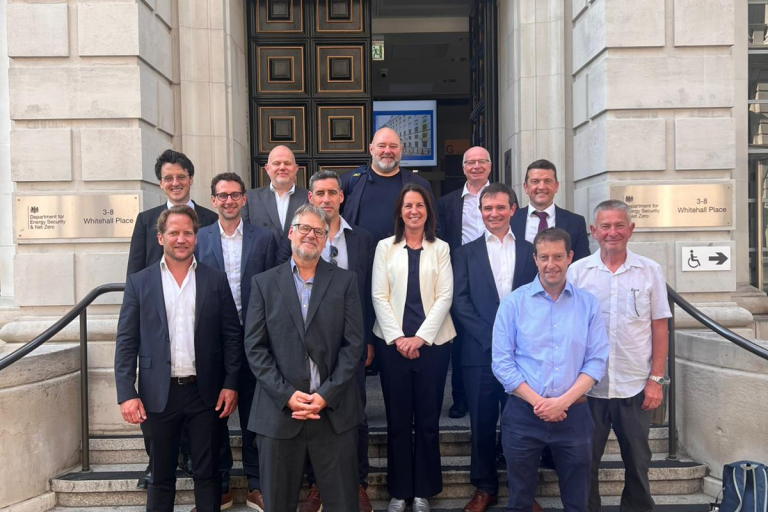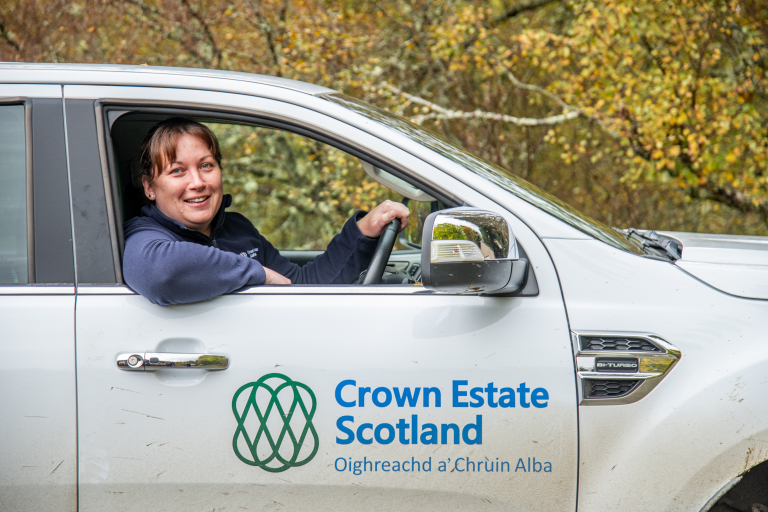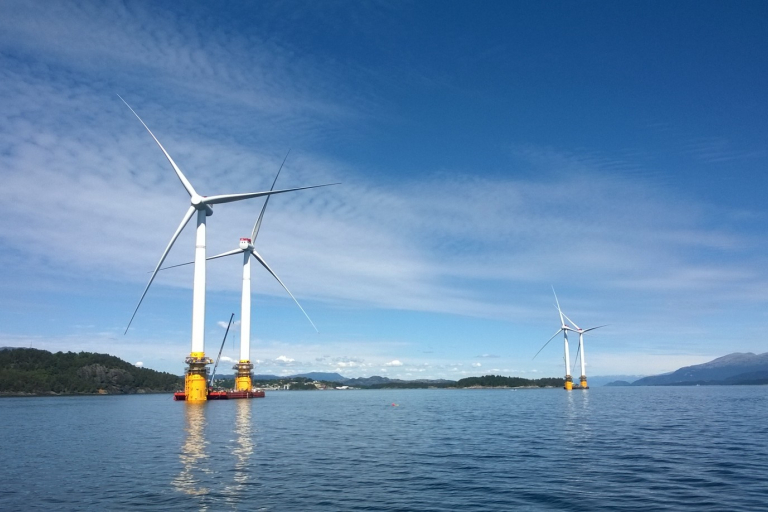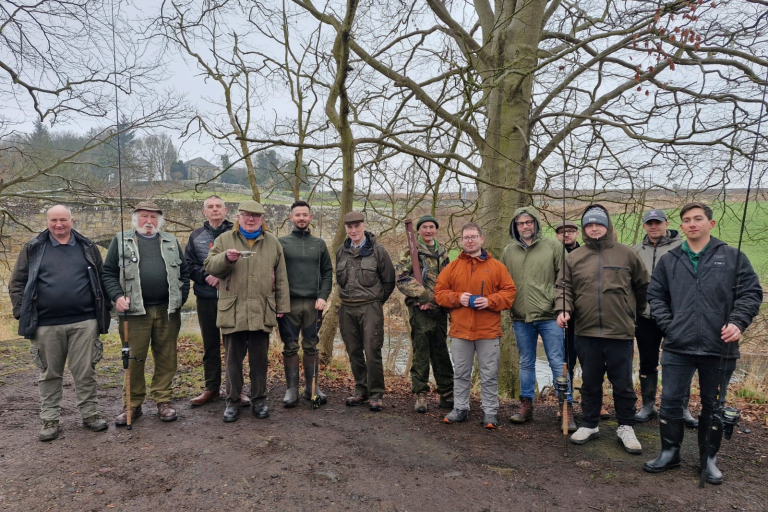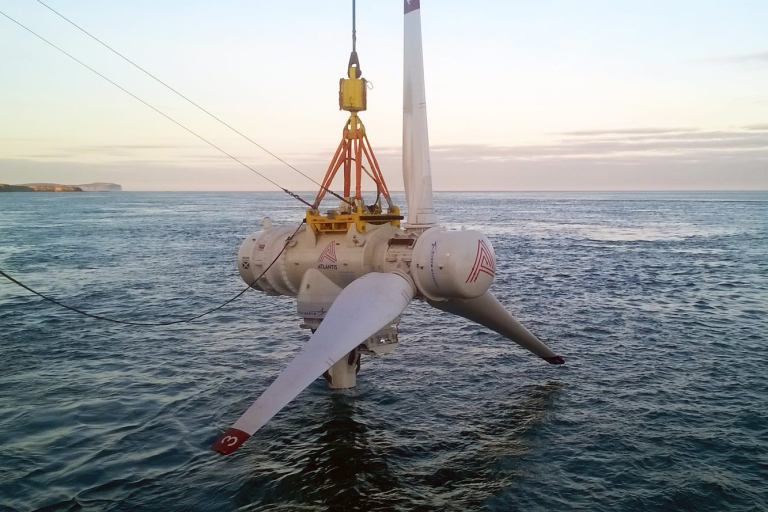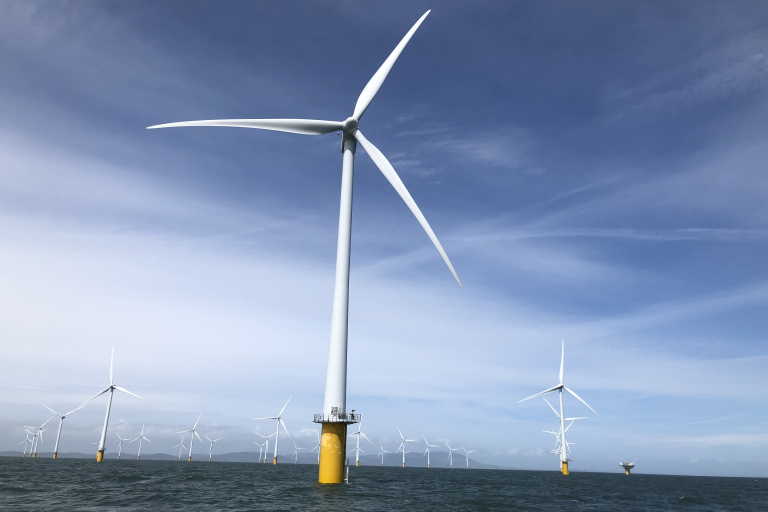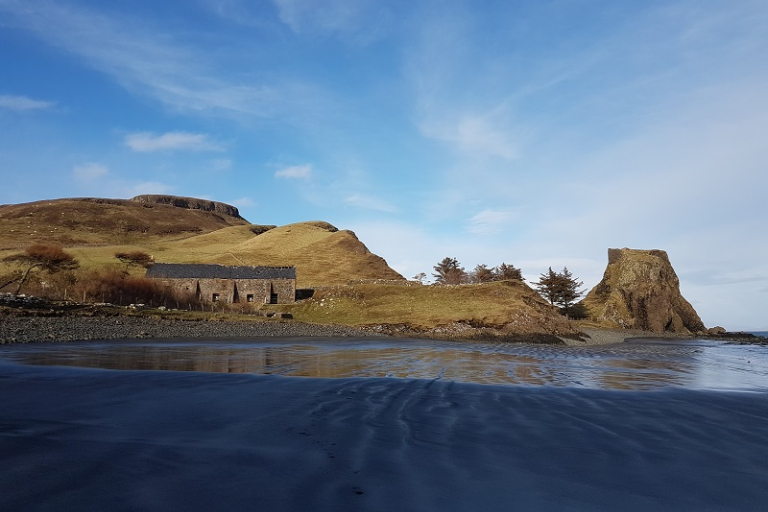Request:
Fly-tipping volume and composition
- When a fly-tipping incident occurs, do you record how the fly-tipped materials are disposed i.e. into waste or recycling?
Data that informs fly-tipping management
- Do you collect information on any factors that might explain changes in fly-tipping frequency (e.g. seasonality, transient populations, local or global events)? If yes, what do you collect?
- Do you use any technology to support the identification and management of fly-tipping? (e.g. geospatial technology)
Fly-tipping prevention activities
- Have you carried out any fly-tipping prevention activities or interventions in the last three financial years, these could include – awareness raising, increased surveillance of hotspots, work with private landowners, local businesses? If yes; please list and describe the factors that informed the intervention’s design.
- Did you work with any internal or external partners when planning fly-tipping prevention activities or interventions? If yes, please list these partners.
- Have you collected data on the impact and/or effectiveness of these fly-tipping prevention interventions? What measures of impact and/or effectiveness did you use?
Response:
Fly-tipping volume and composition
-
For our marine estate (include foreshore, seabed and aquaculture) we do not collect such data (10(4)(a) under EIRs – does not hold the information is applied)
Attached is Document 1 (2021-12-2-_RU_COPLAR_Litter_Inspections_Recording_redacted.pdf), a copy of the recording spreadsheet used for our obligations under Code of Practice on Litter and Refuse (Scotland) 2018 [COPLAR] tracker used by our Glenlivet office and managing agents (Strutt & Parker). The redactions relate to personal data therefore exception 11(2) third party personal data under EIRs is applied. Note that this document also includes littering.
Data that informs fly-tipping management
-
With regards to our marine estate (foreshore, seabed and aquaculture) we do not collect information on factors that explain changes in fly-tipping frequency.
See Document 1 for our Rural estates, including our Glenlivet estate.
- Crown Estate Scotland does not use any technology to support the identification and management of fly-tipping. We rely on our tenants, members of the public and employees (including our managing agents) to report incidences of fly-tipping on the land that Crown Estate Scotland manage.
Fly-tipping prevention activities
-
& 5. & 6. Crown Estate Scotland, particularly part of our Glenlivet Estate, have ad hoc social media posts regarding responsible access duties, including littering/fly-tipping. We also share Cairngorms National Park messaging. Crown Estate Scotland’s Glenlivet Head Ranger also holds various walks to groups throughout the year and includes the ’leave no trace’ message.
For our aquaculture assets, Crown Estate Scotland introduced a reporting requirement for the management of plastics under our Root and Branch Review. This obligation means that our tenants must keep an inventory of plastic procured and disposed/recycled. Guidance can be found here: Annual sustainability reporting. We are in the process of gathering the first reports.
Crown Estate Scotland sponsored Keep Scotland Beautiful on their Upstream Battle project. Upstream Battle is about stopping litter on its journey from the source in towns, cities, to drains and waterways, which eventually end up in the sea. The reports which assess the impact of the project can be found here:
upstream-battle-river-tay-phase-1-report.pdf (keepscotlandbeautiful.org)
upstream-battle-clyde-phase-2-report.pdf (keepscotlandbeautiful.org)We have also funded the Marine Conservation Society to take forward the Cool Seas project. Cool Seas is a marine education roadshow supporting children from diverse socio-economic backgrounds to build their knowledge on the sea and to thrive outdoors. It supports young people to learn about the marine environment through practical activity that aids collaboration and scientific investigation. Refer to
Document 2 ('ScottishEducationRoadshow_CrownEstateScotland_FinalReport_Redacted.pdf') - Marine Conservation Society report, and Document 3 ('End of Project Report - Feb 1 - Mar 31 2023 Crown Estate Scotland MCS FINAL revised_Redacted.pdf'), report on impact of the project. The redactions are personal data, therefore exception 11(2) third party personal data under EIRs is applied.Crown Estate Scotland also provides funding for two Marine Litter Development Officers employed by the Scottish Island Federation; one based in the Western Isles and one in the Northern Isles. Crown Estate Scotland is providing £60,000 funding over three years (started in 2023). The role of the Marine Litter Development Officers’ is to address marine litter in several ways, such as organising beach cleans, developing citizen science research and working with local industry to reduce waste.
Crown Estate Scotland sit on the Marine Litter Strategy Steering Group facilitated by Scottish Government.

